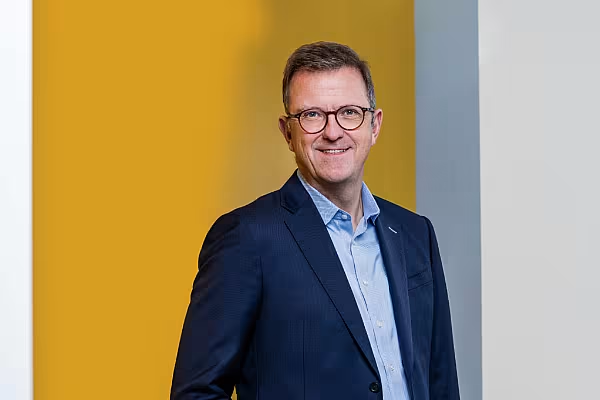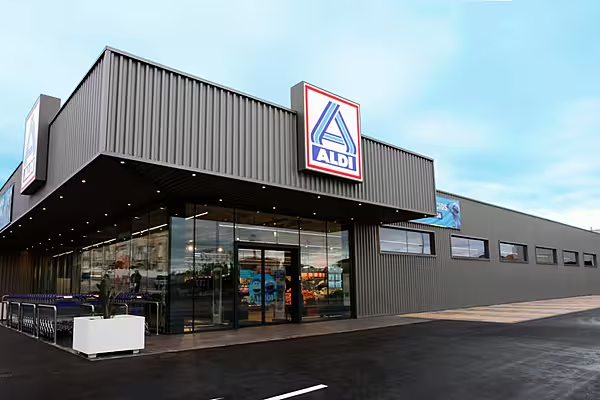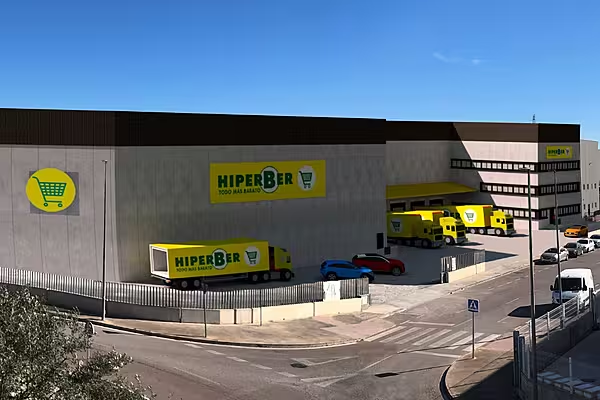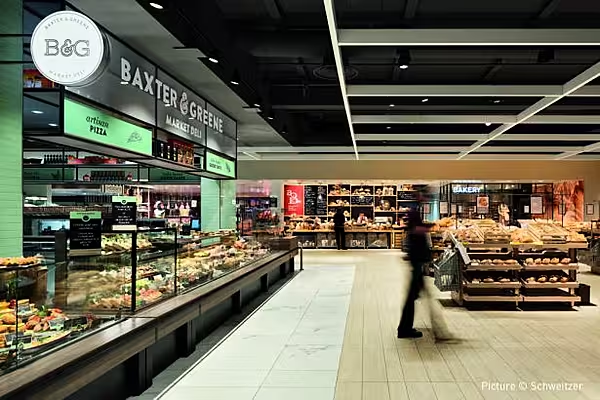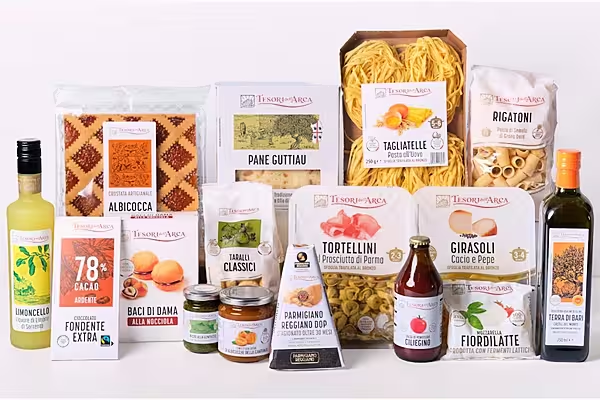ESM catches up with Markus Tkotz, managing director of Markant, a Europe-wide buying and services provider that has ambitious plans for the future. This article first appeared in ESM's May/June 2023 edition.
With origins dating back to the 1950s, Markant Handels- und Industriewaren-Vermittlungs AG – or just Markant, as it is known – is the largest trading and service cooperation group in Europe.
Headquartered in Switzerland and with a presence in 17 countries, the group specialises in providing wholesale and payment services to retailers including Kaufland, dm-drogerie markt, Rossmann, Globus, Müller, Bünting, and many others.
In total, the group works with more than 15,000 suppliers and 200 retailers and wholesalers from across the food and non-food segments, and its trading partners account for sales of around €135 billion per year. It’s also a member of the pan-European EMD buying organisation, and in recent years, it has sought to double down on its reach.
Business Evolution
As managing director Markus Tkotz tells ESM, Markant has come a long way in the two decades since he joined the group.
“Certainly, in its origins, Markant was built as a supporting buying organisation that helped small- to medium-sized retailers generate advantages through bundling volumes and working together. In the past few years, however, we’ve really developed into a service organisation – a platform for both retailers and industry partners.
“Of course, we still have a solid and strong wholesale business. We develop own-brands for our retail partners [through the ZHG – Zentrale Handelsgesellschaft business], we have a large fruit-and-vegetable platform in Valencia [Iberiana], and we have a strong supply chain-financing business, but the service part of the business is getting stronger and stronger – in the next three to six months, more and more services are going to be rolled out.”
In February, for example, Markant announced the acquisition of a majority stake in Bayard Consulting, a Cologne-based product information management provider, which will enable the business to take its product information management services ‘to the next level’, as it noted in a recent statement.
According to Tkotz, who started his career with roles at Procter & Gamble and Roland Berger before joining Markant in 2002, “We are a major provider of payment services in the B2B area – we had a payment volume of roughly €60 billion last year, and we also have an operating licence as a payment services provider in the EU.
That’s really the starting point from where we have been able to develop other services and partner with like-minded companies.”
Making Progress
At the recent EuroShop exhibition in Düsseldorf, Markant held a series of topical panel discussions exploring various pain points in retail, and where its service-led, partnership-driven approach can help. A discussion on ‘end-to-end digitalisation in claim management’ saw contributions from its partner, Ubica Robotics, for example, while a chat about cybersecurity saw input from XM Cyber.
“When you launch a particular service, you sort of evolve and realise, well, there’s something I can build out from that, particularly if there is a demand for it,” says Tkotz. “That’s how we make progress.”
A recent example is the development of an interface between retailers and suppliers that provides visibility on when products are delivered to warehouses – a seamless, paperless solution that the group developed alongside Rossmann, one of its biggest partners.
The nature of the Markant organisation is such that when such tools are developed, they become part of the service offering available to all retailers – a rising tide that lifts all boats, to borrow the time-honoured expression.
“It can also work the other way around,” says Tkotz. “For example, we developed an invoice-checking solution with one of our minor partners, which was then adopted by a larger partner. It’s a fruitful sort of ecosystem – cooperation is embedded into our organisation.”
Driving Efficiency
Such investment in services also enables Markant retailers to better navigate challenging circumstances, such as the current inflationary crisis, which is impacting the cost structures of most European retailers. While Tkotz notes that the group’s retailer base – primarily food and drugstore operators – hasn’t been as impacted as other segments, such as textiles, its services can provide some degree of safeguard in the current market situation.
“Our services are an add-on, which they can use to make their operations more seamless, efficient, and generate additional revenue,” he says. “That’s what we’re hearing from our partners, basically.”
Looking to the future, Tkotz sees room for Markant to develop more third-party partnerships – “The recent acquisition of Bayard is driven by the understanding that we cannot develop everything on our own,” he adds – as well as exploring emerging areas such as sustainability metrics. It is currently working on a project with Osapiens, a business that seeks to improve supply chain transparency on the development of an ESG scoring system that can easily be adopted by retailers.
“We’ve just integrated it into the Markant environment,” says Tkotz. “Let’s see where it takes us.”
Read More: EMD To Launch International Data Sharing Platform
© 2023 European Supermarket Magazine – your source for the latest retail news. Article by Stephen Wynne-Jones. Click subscribe to sign up to ESM: European Supermarket Magazine.
